Step into the Exciting Realm of UX Research ⚡
So, you’ve set your sights on becoming a UX Researcher – welcome to a world where empathy meets innovation! In this action-packed field, you’ll tackle various tasks centered around the pursuit of understanding users and delivering exceptional experiences. As a UX Researcher, your mission entails the following:
- Pinpointing user challenges and needs
- Unearthing valuable insights for product enhancements
- Ensuring user satisfaction at every touchpoint

With a keen eye for detail and an unwavering curiosity, you’ll embrace the journey to UX research mastery. For example, leveraging cutting-edge tools like Plerdy UX analysis will gather essential user data, enabling you to make informed decisions and champion user-centric design. So, lace up your proverbial boots and venture into the captivating realm of UX research – after all, the path to success is paved with invaluable insights and user-focused solutions! ?⚡
Introduction to UX Research
UX research serves as the cornerstone of exceptional design, paving the way for user-centric experiences in the digital realm. By delving into the intricacies of human behavior and preferences, UX researchers unravel invaluable insights to create products that resonate with users. For those seeking a rewarding career in this field, the journey begins with understanding the significance of UX research and its role in crafting user experiences.
At the heart of UX research lies a relentless pursuit of understanding users’ needs, motivations, and pain points. Using various research methodologies, UX researchers shed light on user behavior, which informs design decisions and drives product innovation. Key elements of the UX research process include:
- Gathering data through methods such as surveys, interviews, and usability tests
- Analyzing data to uncover patterns, trends, and actionable insights
- Collaborating with cross-functional teams to apply findings and improve user experience
A career in UX research offers a unique blend of creativity and analytical thinking. The ability to empathize with users and a keen eye for detail can lead to great design solutions that captivate audiences and propel businesses forward. As the digital landscape continues to evolve, UX researchers are increasingly sought-after for their ability to identify user needs and translate them into tangible design improvements.
In conclusion, UX research is an essential discipline that underpins user-focused design and drives innovation in the digital world. Pursuing a career in this field can impact the user experience, shaping how people interact with technology and ensuring their needs are met at every step.
What is a UX Researcher?
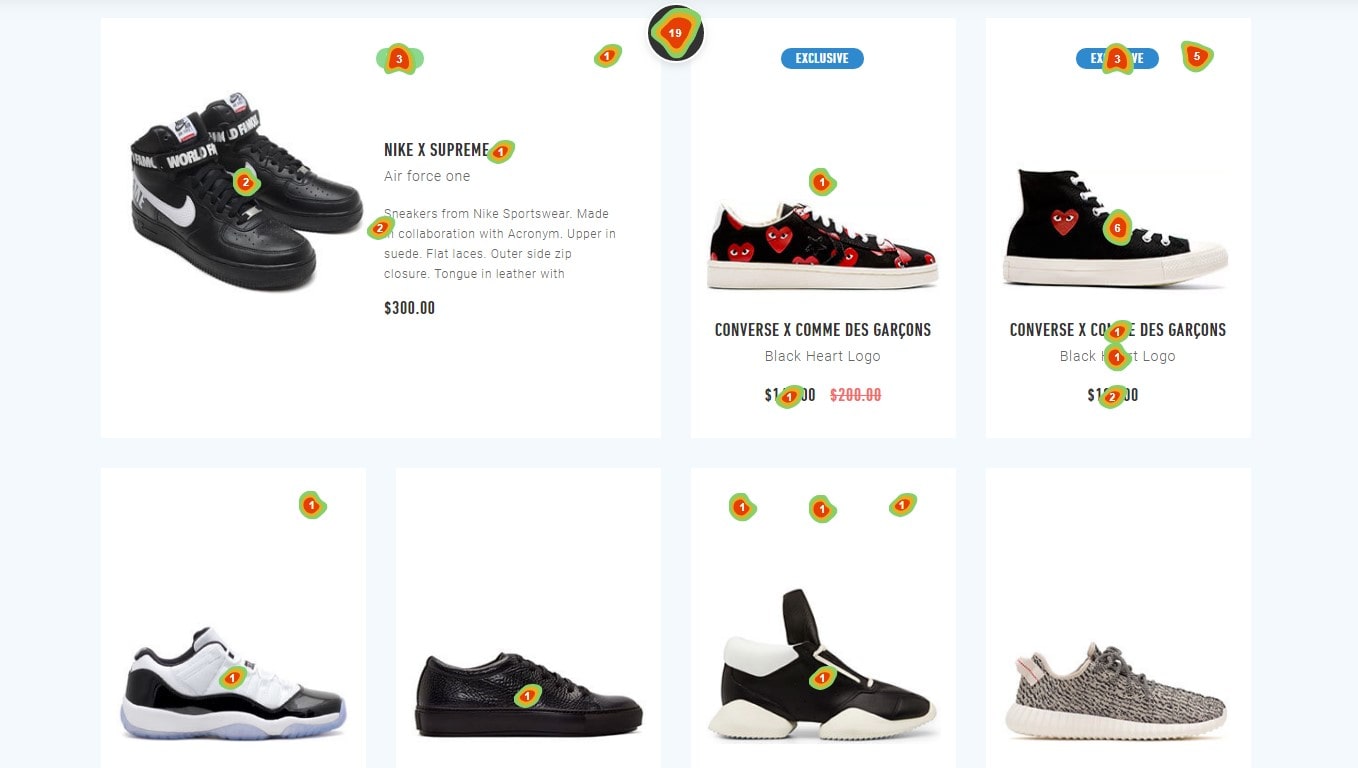
A UX researcher is pivotal in the design world, bridging the gap between users and product teams by providing actionable insights to create exceptional user experiences. These experts uncover consumers’ wants, motives, and pain areas to ensure design selections match the target audience’s preferences. A UX researcher’s responsibilities span various domains, encompassing qualitative and quantitative research methods. They possess a unique skill set that enables them to identify and address user needs, ultimately enhancing the overall user experience. Some of their primary tasks include:
- Defining research objectives and developing research plans
- Conducting in-depth user interviews, surveys, and usability tests
- Analyzing and synthesizing data to extract meaningful insights
- Presenting research findings to design and development teams for implementation
UX researchers can change how users engage with digital products, making their profession worthwhile. By understanding and empathizing with users, these professionals can devise innovative design solutions that resonate with their audience and drive business success.
In a nutshell, UX researcher is an indispensable design team members, leveraging their expertise in user behavior to inform and shape design decisions.
Why Pursue a Career in UX Research

UX research may be a rewarding career with many chances to improve users’ lives. By understanding user needs and preferences, UX researchers contribute to creating innovative and intuitive digital products that genuinely resonate with their audience. There are several compelling reasons to pursue a career in UX research:
- Growing demand: As businesses recognize the importance of user-centered design, the need for skilled UX researchers continues to soar, offering a wealth of job opportunities and a competitive salary.
- Intellectual stimulation: UX research is a dynamic field that demands a blend of creative thinking, problem-solving, and data analysis, ensuring that professionals are consistently engaged and challenged.
- Cross-industry appeal: UX researchers are in high demand across various sectors, from technology and e-commerce to healthcare and finance, providing diverse career paths and experiences.
- Making a difference: UX researchers play a crucial role in enhancing users’ interactions with technology, ensuring that products are accessible, inclusive, and enjoyable for all.
UX research is a fulfilling occupation. As a UX researcher, you will shape how people use technology, creating delightful and inspiring user experiences. UX researchers can innovate and build digital enterprises, influencing millions of lives by knowing people and using this knowledge to inspire design decisions.
Essential Skills for a UX Researcher
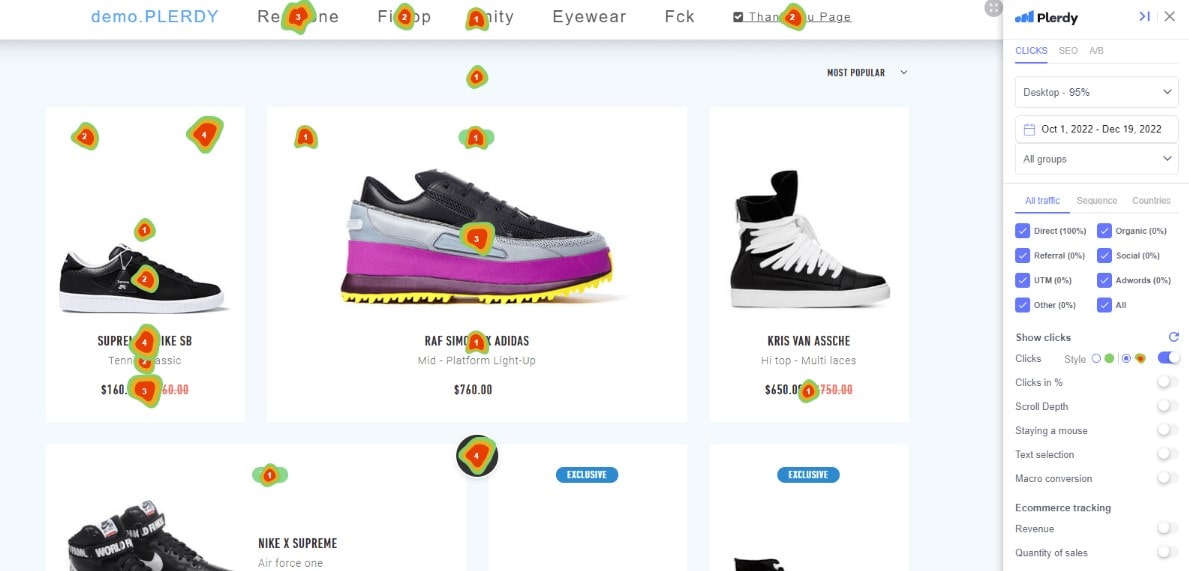
Successful UX researcher possesses a diverse skill set that spans various domains, enabling them to excel and significantly impact the user experience. These professionals must navigate the complexities of human behavior, gathering and analyzing data to drive informed design decisions. Key skills that every aspiring UX researcher should hone include:
- Empathy: Understanding and sharing users’ feelings is crucial in UX research, as it helps researchers uncover hidden needs and design more meaningful experiences.
- Analytical thinking: UX researchers must be able to synthesize and interpret data, drawing insights that can be used to inform design choices and improve user experiences.
- Communication and collaboration: UX researchers often work closely with cross-functional teams, requiring strong communication skills to present research findings and collaborate effectively.
- Adaptability: The dynamic nature of UX research demands that professionals stay abreast of evolving trends and adapt their research methods accordingly.
Besides these core competencies, UX researchers should also be well-versed in various research methodologies, such as user interviews, surveys, usability testing, and more. Familiarity with relevant software tools, such as data analysis and visualization platforms, can prove invaluable.
In a nutshell, a UX researcher’s toolbox is brimming with essential skills that enable them to thrive in their role and contribute meaningfully to user-focused design. Aspiring UX researchers can build successful careers by developing these skills, altering how people engage with technology and meeting their demands.
Qualities of a Successful UX Researcher
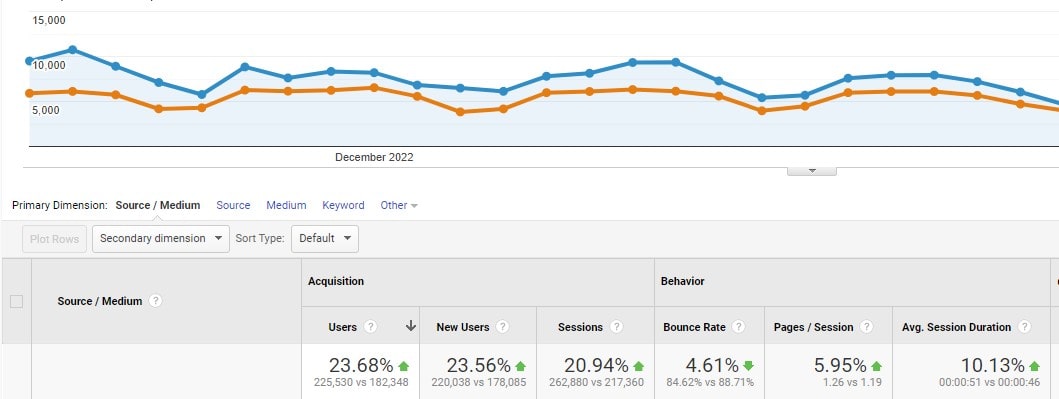
Professionals need more than technical skills and domain expertise to excel in UX research. They should possess a unique blend of personal qualities that help them stand out and contribute significantly to creating engaging user-centric experiences. Here are some of the top qualities that successful UX researchers exhibit:
- Curiosity: A natural inquisitiveness drives UX researchers to ask meaningful questions, delve deep into user behavior, and uncover the insights necessary to shape impactful design solutions.
- Patience: UX research can be a time-consuming process, requiring researchers to exercise patience while gathering data, analyzing findings, and iterating on design concepts.
- Resilience: The ability to bounce back from setbacks and adapt to evolving project requirements is crucial for UX researchers, who often navigate uncharted territory in pursuit of user insights.
- Attention to detail: A keen eye for detail enables UX researchers to spot patterns, identify trends, and uncover nuances in user behavior that may otherwise go unnoticed.
- Open-mindedness: Embracing diverse perspectives and staying open to new ideas is essential for UX researchers, as it helps them consider a broad range of possible solutions and fosters innovation.
By embodying these qualities, UX researchers can elevate their work, becoming indispensable design team members. Successful UX researchers may change how people interact with digital products and drive growth in the ever-changing digital market by understanding users and developing beautiful experiences.
Alternative Education and Training Options
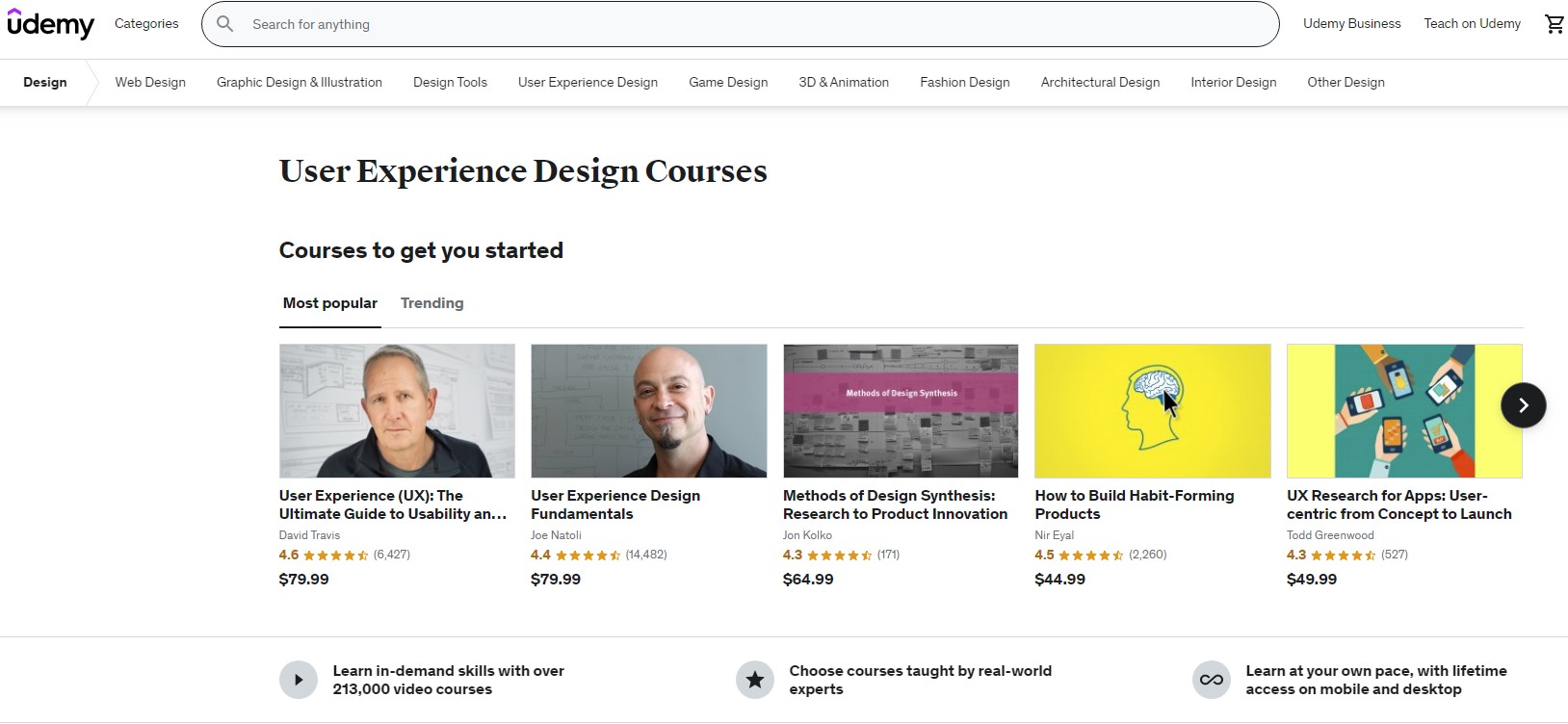
For those considering a career in UX research, several non-traditional education and training options cater to diverse learning styles and preferences. These alternatives provide flexibility and convenience, allowing aspiring UX researchers to develop their skills while balancing other commitments. Some popular choices include:
- Online courses: Many reputable platforms offer comprehensive UX research courses, covering essential concepts and techniques while providing hands-on experience through real-world projects.
- Bootcamps: Intensive, short-term programs that immerse participants in UX research, often culminating in a portfolio-ready project.
- Workshops and seminars: In-person or virtual events that provide valuable insights from industry professionals and opportunities for networking and skill development.
- Self-directed learning: Aspiring UX researchers can access a wealth of resources, such as books, articles, podcasts, and videos, to expand their knowledge and refine their skills at their own pace.
Regardless of the path chosen, learners must stay committed to their growth, seek feedback, and continuously refine their craft. Even if they are self-initiated, engaging in practical projects can help build a robust portfolio showcasing their skills and expertise to potential employers.
By exploring alternative education and training options, individuals can take charge of their UX research journey, gaining valuable knowledge and hands-on experience to propel them toward a rewarding career. By staying agile and embracing lifelong learning, they can stay ahead of the curve in the ever-evolving world of user experience design.
Building Your UX Research Portfolio
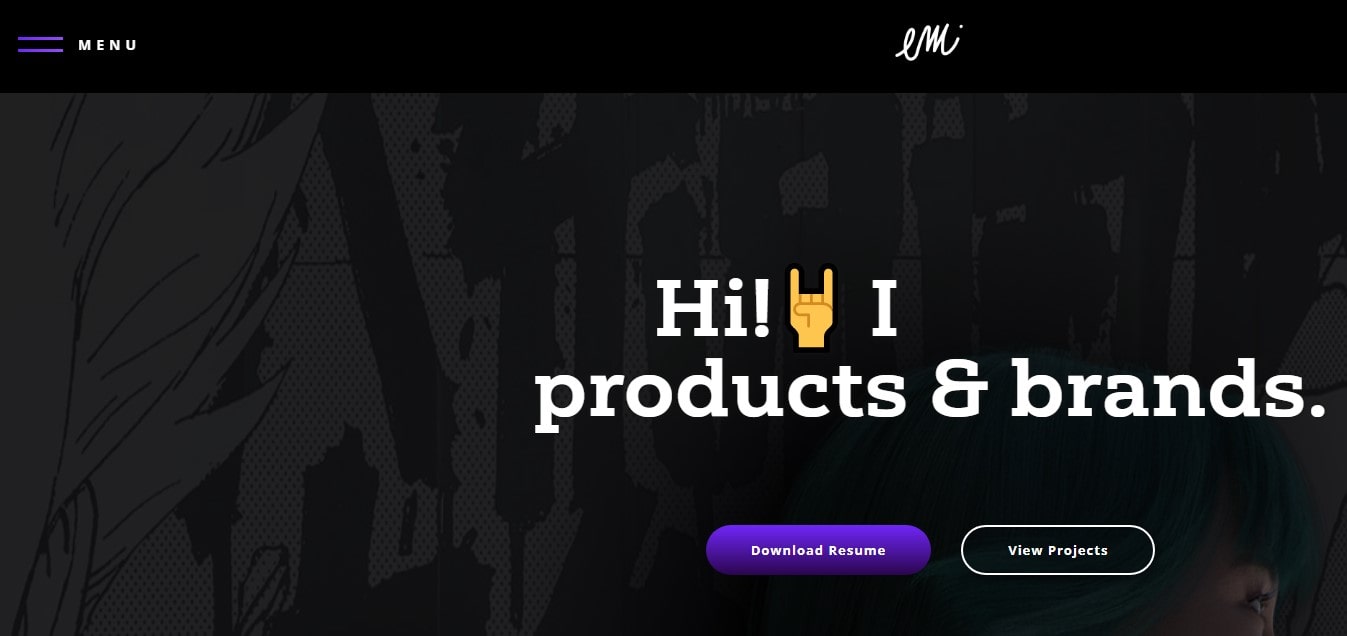
Creating a well-rounded UX research portfolio is vital in showcasing your skills, experience, and unique perspective as a UX researcher. A compelling portfolio highlights your past work and is a testament to your passion for user-centric design, ultimately helping you stand out in a competitive job market. Here are some essential elements to include when building your UX research portfolio:
- Diverse case studies: Feature a range of projects demonstrating your versatility and ability to tackle various UX research challenges. Provide context, outline your process, and showcase your findings and recommendations.
- Clear methodology: Detail your approach to each project, including the research methods employed, such as interviews, surveys, or usability testing, and explain why they were chosen.
- Data visualization: Use compelling visuals to present your findings, making it easier for potential employers to grasp the impact of your work quickly.
- Personal reflections: Give insights into the lessons learned from each project, highlighting your growth as a UX researcher and commitment to continuous improvement.
In addition to these key components, consider including the following:
- Testimonials from clients or colleagues to validate your expertise and professionalism.
- Relevant certifications or educational achievements that underscore your commitment to the field.
- A concise yet engaging bio that conveys your passion for UX research and your unique value proposition.
Remember, your UX research portfolio should be a living document, evolving as you grow and develop in your career. By regularly updating it with new projects and insights, you’ll ensure that it accurately reflects your capabilities, helping you make a lasting impression in the world of UX research.
Networking and Professional Development
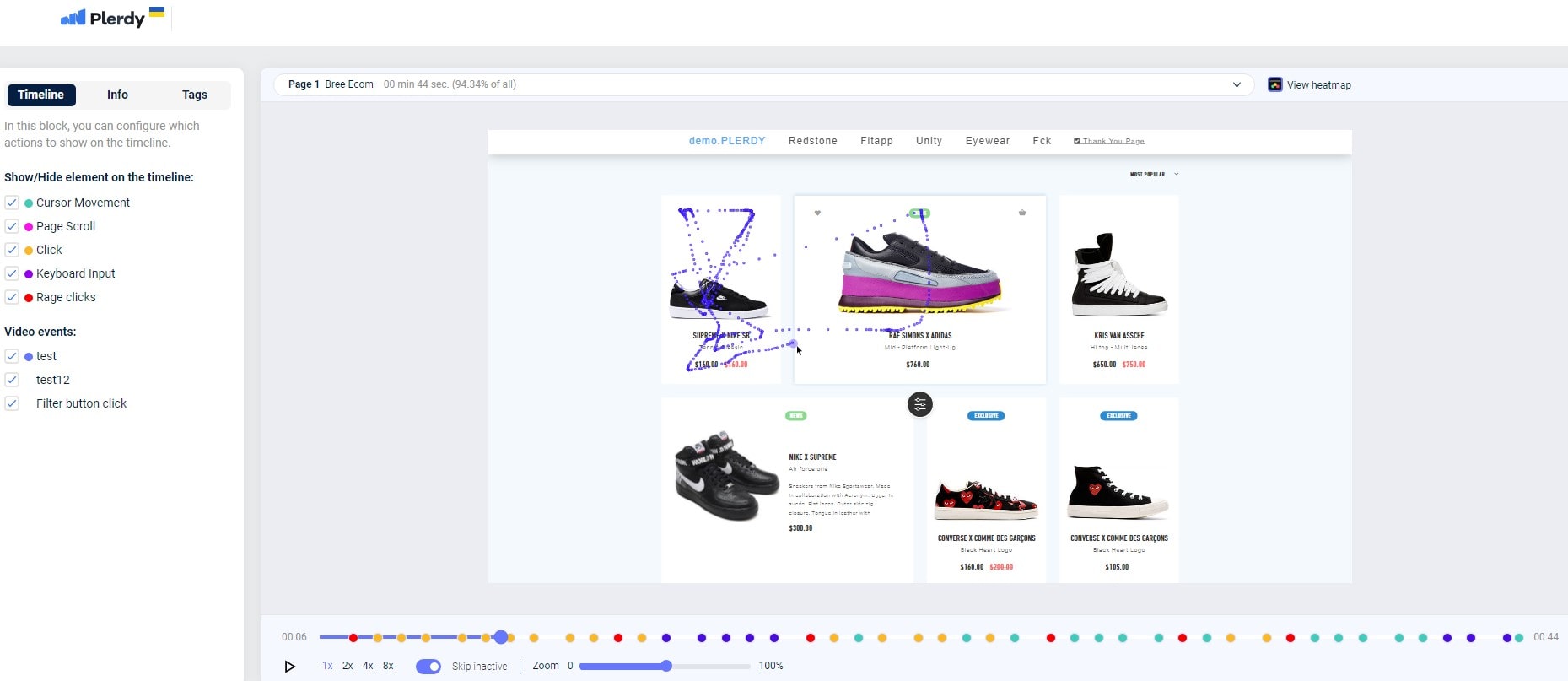
In the ever-evolving field of UX research, networking and professional development are crucial in staying current with industry trends and broadening career horizons. Engaging with fellow professionals and investing in continuous learning will ensure you remain ahead of the curve.
Begin by tapping into the power of networking through various channels:
- Attend industry conferences, workshops, and meetups to connect with like-minded professionals and exchange valuable insights.
- Join online forums, LinkedIn groups, and social media communities dedicated to UX research to foster meaningful connections and participate in enriching discussions.
- Collaborate on projects or contribute to open-source initiatives, which can be valuable learning experiences and opportunities to showcase your expertise.
Alongside networking, prioritize professional development by:
- Enrolling in relevant courses or workshops to deepen your understanding of UX research methodologies, tools, and best practices.
- Pursuing certifications from reputable institutions, such as the UX Research and Strategy Certification, to bolster your credibility.
- Subscribing to industry publications and following thought leaders to stay informed about the latest trends and developments.
Lastly, always appreciate the value of mentorship. Seek guidance from seasoned UX researchers who can offer valuable advice, insights, and encouragement. Consider sharing your knowledge with newcomers to the field, as this can be a rewarding way to give back to the community and further solidify your expertise.
By actively networking and focusing on professional development, you’ll enhance your skills and knowledge and build a strong foundation for a successful, fulfilling career in UX research.
Advancing in Your UX Research Career

Climbing the career ladder in UX research requires dedication, strategic planning, and a thirst for knowledge. However, with the right mindset and skillset, you can carve out a thriving career path that is both rewarding and professionally satisfying. Here are some key steps to help you advance in your UX research career:
- Master the fundamentals: Ensure you have a strong grasp of core UX research concepts and methodologies, which will form the foundation for your career progression.
- Stay up-to-date: The world of UX research is constantly evolving, so keep your finger on the pulse by attending conferences, workshops, and webinars.
- Specialize in a niche: Distinguish yourself by developing expertise in a specific area of UX research, such as accessibility, e-commerce, or mobile app design.
- Build a strong portfolio: Showcase your skills and accomplishments through diverse projects, highlighting your ability to deliver impactful user experiences and actionable insights.
- Cultivate a personal brand: Craft a compelling online presence, including a polished LinkedIn profile and engaging blog or website, to showcase your expertise and thought leadership.
In addition to these steps, consider the following growth opportunities:
- Pursue leadership roles within your organization or industry associations to demonstrate your ability to manage teams and drive impactful projects.
- Expand your professional network by nurturing relationships with fellow UX researchers, designers, and other industry professionals.
- Embrace lifelong learning by acquiring new certifications, participating in mentorship programs, or even teaching others, as this will help you stay sharp and open doors to new opportunities.
By embracing these strategies, you’ll be well on your way to advancing your UX research career and making a lasting impact.
Exploring Specializations and Leadership Roles
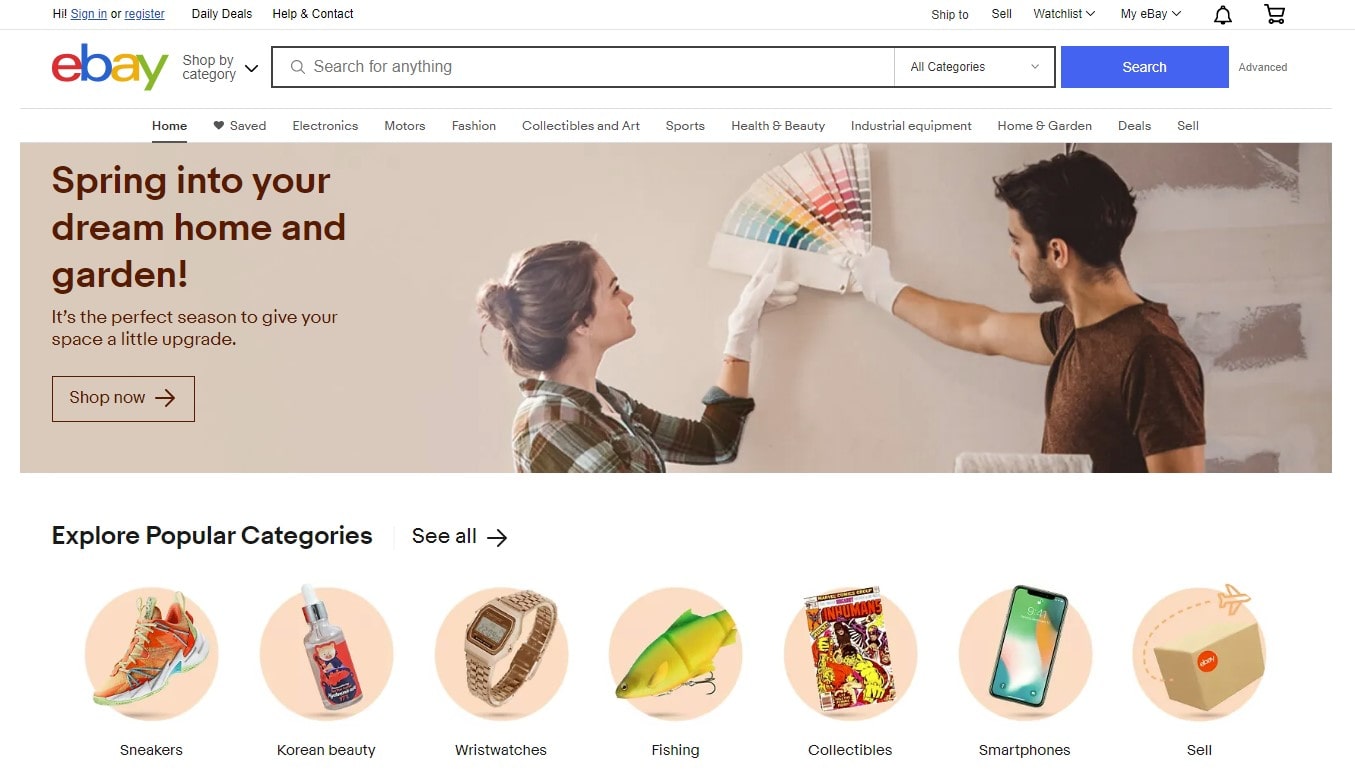
Diving deep into UX research can open doors to many specializations and leadership opportunities. As you hone your skills, you’ll discover avenues for growth that cater to your unique talents and interests. To unlock your full potential, consider exploring the following specializations and leadership roles:
- Accessibility: Focus on designing inclusive experiences for individuals with disabilities, ensuring equal access to digital products and services.
- User Interface (UI) Design: Delve into the visual aspects of UX, crafting intuitive and aesthetically pleasing interfaces that delight users.
- Information Architecture: Master the art of organizing and structuring content, making it easily discoverable and navigable for users.
- UX Strategy: Develop a keen understanding of business goals and user needs to create comprehensive roadmaps for UX projects.
- Service Design: Broaden your scope to include the entire customer journey, enhancing the overall experience across various touchpoints.
As you grow professionally, consider taking on leadership roles that align with your expertise:
- Team Lead: Guide a group of UX researchers or designers, fostering collaboration and ensuring the successful execution of projects.
- UX Manager: Oversee an entire UX team, setting goals, allocating resources, and providing mentorship to cultivate a high-performing team.
- Director of UX: Shape the strategic direction of UX at a company, driving innovation and collaboration across departments.
- Consultant: Leverage your specialized knowledge to advise organizations on UX best practices and help them achieve their goals.
Exploring these specializations and leadership roles will bolster your career and contribute to the ever-evolving UX research and design field. So embrace your passions and continue to expand your horizons for a fulfilling and impactful career.
Staying Up-to-date with Industry Trends

In the fast-paced world of UX research and design, staying in the loop with emerging trends is paramount to staying ahead of the curve. A keen awareness of the latest advancements will sharpen your skills and open up new opportunities for growth in your career. Here are some surefire ways to stay current:
- Consume industry-related content: Regularly read blogs, listen to podcasts, and watch webinars or talks from renowned experts.
- Participate in conferences and workshops: Attend in-person and virtual events to learn about cutting-edge ideas, exchange insights, and expand your professional network.
- Join online communities: Engage with like-minded professionals on social media platforms, forums, and discussion groups to stay current and share experiences.
- Take advantage of training and educational resources: Enroll in online courses, workshops, or certifications to keep your skillset fresh and up-to-date.
- Collaborate with peers: Work on projects or challenges with fellow UX professionals to broaden your perspective and learn from others’ experiences.
To further enrich your learning journey, consider the following resources:
- Newsletters: Subscribe to industry-specific newsletters like UX Design Weekly, UX Collective, or Sidebar.
- Books: Read recent publications from thought leaders, such as Don Norman or Steve Krug.
- Blogs: Follow reputable sources like Nielsen Norman Group, UX Matters, or Smashing Magazine.
As you navigate the ever-evolving landscape of UX research and UX design, make a conscious effort to stay informed and adapt to the latest trends. Doing so will position you as a forward-thinking professional, ready to tackle new challenges and elevate your career.
Bottom Line
As we wrap up our exploration of becoming a UX Researcher, let’s take a moment to recap some key takeaways ⚡. Remember, as a UX researcher, you’ll be:
- Searching for insights into user behaviors and preferences
- Designing user-centric solutions for various platforms
- Continually leveling up your skills through formal education and boot camps
Whether you have a background in psychology, design, or even marketing, the world of UX research welcomes diverse experiences and skill sets. Start by choosing relevant courses from well-known institutions like Berkeley or online platforms like Udemy, and remember to network with fellow graduates and professionals.
Throughout your journey, leveraging powerful tools, Plerdy for UX analysis will be essential in understanding your users and making data-driven decisions. Remember that you are not alone in UX research—a vibrant network of professionals and mentors is ready to help.
So, what are you waiting for? Take the plunge and kick-start your UX researcher journey today! And when you need that extra boost, sign up for Plerdy to make your user experience analysis a breeze. The future of user-centric design is bright – and you’re destined to be a part of it! ⚡
